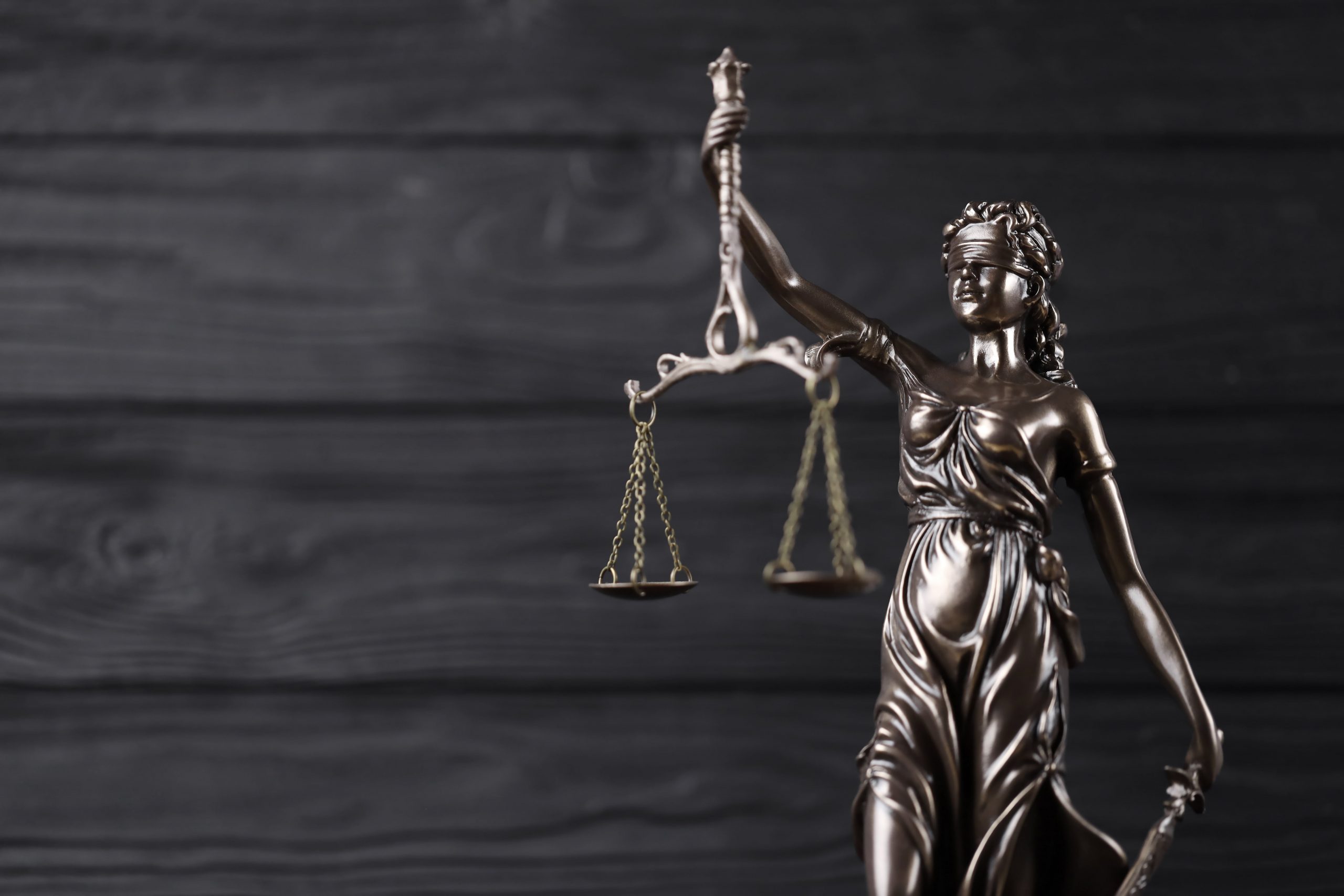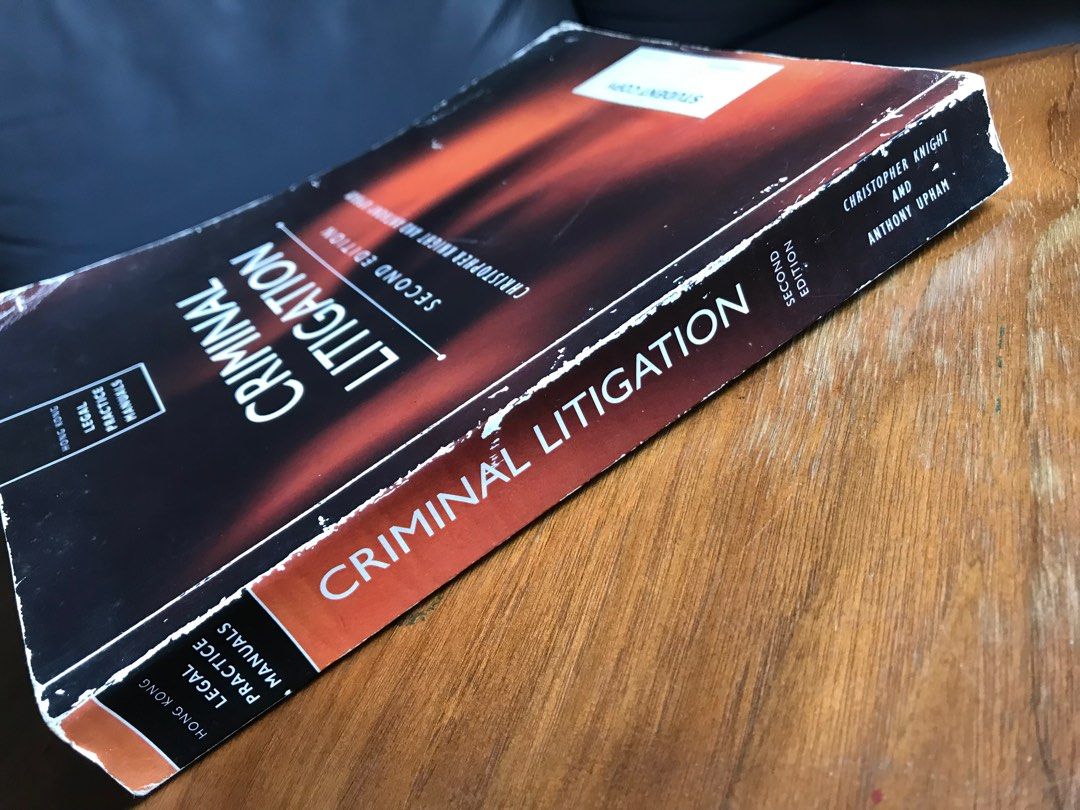Criminal Law
- FAQs
In Hong Kong, courts have a wide range of custodial (involving detention) and non‑custodial sentencing options, depending on the seriousness of the offence, the offender’s circumstances, and statutory limits.
1. Custodial Sentences
These involve imprisonment or detention:
2. Non‑Custodial Sentences
These do not involve imprisonment:
3. Sentencing Factors
Courts consider:
- Nature and gravity of offence
- Maximum penalty in statute
- Role of offender (e.g., mastermind vs. courier)
- Mitigation factors: early guilty plea (up to one‑third discount), good character, cooperation with authorities, restitution, youth, mental health
- Aggravating factors: premeditation, violence, breach of trust, prior convictions
An alternative charge is a different criminal offence, usually less serious, that the court or jury may convict the accused of if the evidence does not prove the original charge but does prove the alternative offence.
It acts as a safeguard against over‑conviction (convicting for a more serious offence when only a lesser offence is proven) and under‑conviction (acquitting when a lesser offence is actually proven).
Legal principles in Hong Kong (from criminal procedure and case law):
- Statutory basis:
- Under section 23 of the Criminal Procedure Ordinance (Cap. 221) and various offence‑specific schedules (e.g., Schedule to the Theft Ordinance, Cap. 210), an accused may be found guilty of another offence if the allegations amount to or include that other offence.
- Duty to direct on alternative verdicts:
- If there is an obvious alternative verdict supported by evidence, the trial judge must direct the jury on it — even if the defence did not raise it (HKSAR v Chau Yui Ming, Ho Hoi Shing v HKSAR).
- The alternative must be “obvious” on the evidence — not a speculative or academic possibility (R v Coutts).
- Effect of plea:
- If the accused pleads guilty to the lesser offence, the court treats it as an acquittal for the more serious charge.
- If the accused pleads guilty to the more serious charge, there is no need to consider the lesser charge separately.
- Verdict handling:
- If found guilty of the more serious charge, the court should not give a verdict on the alternative charge.
Definition:
The standard of proof is the degree of certainty the court must reach before deciding a fact is proven. In criminal cases, the prosecution must prove the defendant’s guilt beyond a reasonable doubt.
Legal principles in Hong Kong:
- Presumption of innocence: Guaranteed under Article 87 of the Basic Law and common law — the accused is presumed innocent until proven guilty.
- Burden of proof:
- The prosecution bears both the evidential burden (presenting sufficient evidence to establish a prima facie case) and the legal burden (proving guilt beyond reasonable doubt).
- The defence generally has no obligation to prove innocence, but may bear an evidential or legal burden for certain statutory defences (e.g. insanity under the Homicide Ordinance (Cap. 339), or rebutting a statutory presumption under the Dangerous Drugs Ordinance (Cap. 134)).
- Beyond reasonable doubt means:
- The tribunal of fact (judge or jury) must be sure of guilt.
- If there is a reasonable possibility the defendant is innocent, the court must acquit.
- It does not require absolute certainty, but it is a higher threshold than the civil standard (“balance of probabilities”).
A “no case to answer” submission is a legal application made by the defence at the close of the prosecution’s case, asking the court to rule that the evidence presented is insufficient for a reasonable jury (or judge, in a non-jury trial) to convict.
If successful, the defendant is acquitted without being required to present any defence evidence.
Legal basis and principles in Hong Kong:
The test comes from R v Galbraith (1981) 73 Cr App R 124, adopted in Hong Kong case law such as Attorney General v Li Fook Shiu Ronald and HKSAR v Purugganan Rogelio G [2021] HKCFI 2138.
Rule:
- If there is no evidence that the crime alleged has been committed by the defendant, the judge must stop the case.
- If the evidence is so weak or tenuous that no reasonable jury, properly directed, could convict, the judge must also stop the case.
- The judge must take the prosecution’s evidence “at its highest” and avoid weighing credibility — credibility is for the jury.
The court may consider whether the inferences necessary for conviction are the only reasonable inferences from the proven facts.
Yes. In Hong Kong, a convicted person generally has the right to appeal against conviction, sentence, or both. The appeal process and time limits depend on the court where the conviction occurred:
Definition:
Bail refers to a legal arrangement in a criminal case whereby the accused is temporarily released from custody before trial or appeal, on the condition that they must return to court on time to attend proceedings. Its purpose is to strike a balance between the presumption of innocence and ensuring the accused’s attendance at court while safeguarding the interests of the public.
Legal Basis in Hong Kong:
Governed by Part 1A of the Criminal Procedure Ordinance (Cap. 221).
Article 28 of the Basic Law and section 5(3) of the Hong Kong Bill of Rights Ordinance (Cap. 383) recognise the right to personal liberty and the presumption of innocence.
Types of Bail:
- Court Bail – granted by a judge or magistrate.
- Police Bail – granted by the police before formal charges are laid or between court hearings.
Core Principles:
- Before conviction, the legal principle generally favours granting bail unless there are sufficient grounds to refuse it.
- After conviction, bail pending appeal is exceptional and subject to stricter scrutiny.
- The court may impose bail conditions to reduce risks, such as:
- Surrendering travel documents.
- Regular reporting to a police station.
- Providing a surety or cash bail.
- Residing at a designated address.
The presumption of innocence is a fundamental principle of criminal law in Hong Kong, guaranteed under Article 87 of the Basic Law and Article 11(1) of the Hong Kong Bill of Rights Ordinance (Cap. 383).
Meaning:
- Every person charged with a criminal offence is considered innocent until proven guilty beyond a reasonable doubt in a court of law.
- The burden of proof lies entirely on the prosecution — the defendant does not need to prove their innocence.
- If there is any reasonable doubt about guilt after considering all the evidence, the defendant must be acquitted.
Practical implications:
1. Burden on prosecution:
- The prosecution must prove all elements of the offence.
- The prosecution must also disprove any defence raised by the accused (e.g., self-defence, duress).
2. Exceptions:
Certain statutory provisions impose a reverse burden on the defendant (e.g., diminished responsibility under s.3(2) of the Homicide Ordinance (Cap. 339), possession presumptions under s.47 of the Dangerous Drugs Ordinance (Cap. 134)).
Even in these cases, the ultimate burden of proving guilt remains with the prosecution.
3. Standard of proof:
“Beyond reasonable doubt” — the highest standard in law, reflecting the seriousness of criminal punishment.
The criminal trial process in Hong Kong varies slightly depending on the level of court (Magistrates’ Courts, District Court, or Court of First Instance), but the general sequence is as follows:
1. Case initiation – First hearing
- The accused appears in court.
- The charge is formally read out.
- The accused enters a plea: guilty or not guilty.
2. If guilty plea
- The prosecution presents a summary of facts.
- The court considers any criminal record.
- The defence makes a plea in mitigation to reduce sentence.
- The court sentences immediately or after obtaining reports (e.g., probation report).
3. If not guilty plea – Trial
- Pre-trial review: Ensures all evidence and procedural issues are ready.
- Prosecution case: Evidence and witnesses are presented; defence cross-examines.
- No case to answer submission: Defence may argue prosecution evidence is insufficient; if accepted, the accused is acquitted.
- Defence case: Defence presents evidence and witnesses; prosecution may cross-examine.
4. Closing submissions
Both sides summarise their cases for the court (or jury).
5. Verdict
The court (or jury in High Court trials) decides guilt or innocence.
6. Sentencing
If guilty, sentence is imposed based on offence seriousness, mitigating/aggravating factors, and statutory limits.
7. Appeal rights
The accused may appeal against conviction and/or sentence within statutory time limits.
Under Hong Kong law, criminal offences are generally classified into two main categories: summary offences and indictable offences.
1. Summary offences
- Definition: Less serious offences that are tried only in the Magistrates’ Courts.
- Examples: Littering, careless driving, minor assaults, illegal hawking.
- Procedural features:
- Heard without a jury.
- Must usually be prosecuted within 6 months of the offence (unless specified otherwise by statute).
- Maximum penalties are generally lower (e.g., up to 2 years’ imprisonment for a single offence, and fines up to HK$100,000, though some statutes allow more).
2. Indictable offences
- Definition: More serious offences that can be tried “on indictment” in higher courts (District Court or Court of First Instance).
- Examples: Robbery, burglary, drug trafficking, murder, manslaughter, serious fraud.
- Procedural features:
- May be tried in Magistrates’ Courts (if prosecution chooses), District Court, or Court of First Instance.
- Serious indictable offences (e.g., murder, manslaughter, rape) can only be tried in the Court of First Instance before a jury.
- No statutory time limit for prosecution.
- Penalties can include lengthy imprisonment, life sentences, or very large fines.
3. Hybrid offences: Many offences can be tried either summarily or on indictment, depending on the seriousness and prosecution’s choice of venue.
In short, criminal cases are about punishing unlawful acts and protecting society, while civil cases are about resolving private disputes and compensating losses.
A criminal case is a legal proceeding initiated by the Hong Kong Special Administrative Region Government—specifically the Department of Justice—against an individual or corporation alleged to have committed an offence under Hong Kong law. The primary purpose is to suppress crime, punish offenders, and protect public order.
Key features of criminal cases:
- Prosecution authority: The Secretary for Justice decides whether to prosecute, based on whether there is sufficient evidence for a reasonable prospect of conviction and whether it is in the public interest.
- Burden of proof: Lies entirely on the prosecution.
- Standard of proof: “Beyond reasonable doubt” — the highest standard in law.
- Rights of the accused: Presumption of innocence, right to legal representation, right to remain silent, and right to appeal.
- Outcome: Possible custodial sentence, fines, community orders, or other criminal penalties.
In contrast, a civil case is a dispute between private parties (individuals, companies, or sometimes the Government in its civil capacity) over rights, obligations, or property. The aim is to enforce contracts, recover money, or seek remedies such as damages or injunctions.











